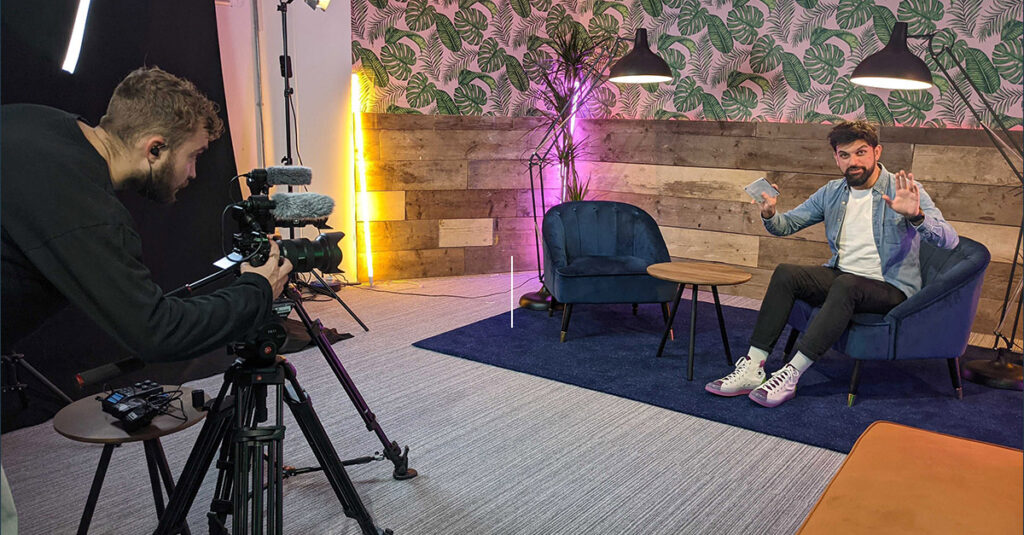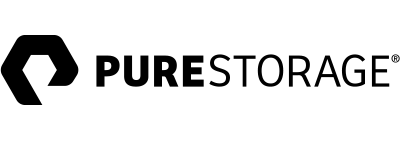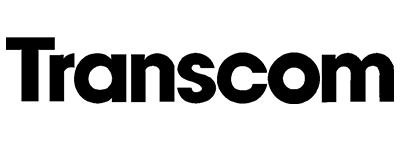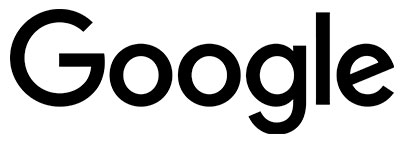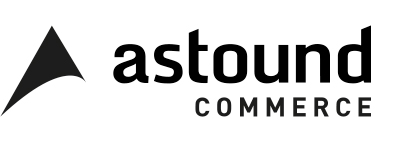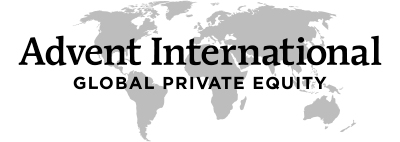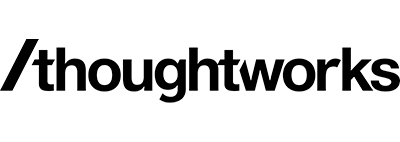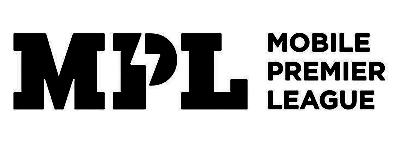Last Thursday (14 October 2021), we hosted our biggest event yet. During the one-of-a-kind, live, hybrid event speakers shared critical insight into the future of work and the event marked the launch of our IDC spotlight report.
Temporall was joined by some of our most valued clients and partners, plus industry thought leaders to explore the power of connection last Thursday. We were delighted to be hosting hundreds of attendees from 6 different time zones who learned how Temporall is pioneering organisational analytics using data from workplace tools like Slack and Microsoft Teams. Firsthand, our attendees witnessed the business impact of fully unlocking the vast and different types of data that is lost in their standard analytics.
The 1-hour live session – hosted by Temporall’s Jazz Hanley at Shoreditch tech hub, Dream Factory – explored a number of critical ideas in the changing future of work.
Here are our 5 key learnings:
1. Digital transformation is no longer enough
Knowledge workers spend 40% of their time on work about work. That's 800 hours times 1.25 billion knowledge workers, equalling a trillion hours per year.
Forbes
2. Data explosion is a huge opportunity for change
Nearly 80% of workers are using collaboration platforms for work in 2021, up from just over half of workers in 2019.
Gartner
What began as the rapid and necessary adoption of workplace tools while people worked remotely, has grown to be the operating system and integral foundation of many organisations.This is one of the many reasons why more data than ever is being created in all parts of an organisation. The cost of not understanding that data is beginning to surface, and it’s grounded in connection. As the IDC report highlighted “Temporall masters the intersection of behavioral science with intelligence technology and provides real-time situational awareness of an organisation.”
What are the companies that are getting right doing differently from everybody else?
The amount of data created over the next three years will be more than the data created over the past 30 years, and the world will create more than three times the data over the next five years than it did in the previous five.
IDC
3. Well-connected organisations will thrive in the future
A healthy and well-connected organisation will thrive in the new era.
Most workers toggle between apps 10 times an hour, costing organisations 32 days per worker, per year of workplace productivity.
Forbes
Optimising connection levels is an evolving, challenging but necessary task. The ability and cultural expectation to ‘switch off’ will be a central part to
performance in the new era of work. This is especially true as you’re scaling and onboarding new people – how do you ensure they are connected with the organisation, teams and overall mission? As the world rapidly changes and the noise around digital tooling grows, maintaining a central purpose and alignment to business strategy is vital for success. Temporall is instrumental for mission-critical decisions and ensures time is not lost when you’re a multi-platform enterprise.
What are the companies that are getting right doing differently from everybody else? Melissa showcases the power of Workbench.
4. Temporall offers essential analytics unavailable anywhere else
When we moved onto Slack it ended up providing value, we could see that aesthetically, but Workbench and Temporall for the first time allowed us to see how our organisation was using Slack and allow us to get better to improve the employee experience.
Neal Riley, CIO @ Adaptavist
I have inherited a big HR Function, dispersed around the globe and don’t have a specialty in-house around people analytics, people data and Organisational Network Analysis. So rather than trying to build that capability, I’d rather use [Temporall’s Workbench] to execute on providing the technology platform and insights.
Matt Barker, CPO @ Astound
5. High-tech and high-touch is the future
Covid created this technological interface between us and our colleagues, that to some degree depersonalised work. It actually made it much less of social activity and many of us were working day to day with literally people we never saw and were never going to meet. There was a real risk and I noticed in my own research that managers were becoming more blinkered on completing tasks than people and relationships within the team.
Professor Julian Birkinshaw, LBS & Temporall Board Member
Contact us to see how our Digital Workplace Analytics platform can help you drive better business outcomes.

